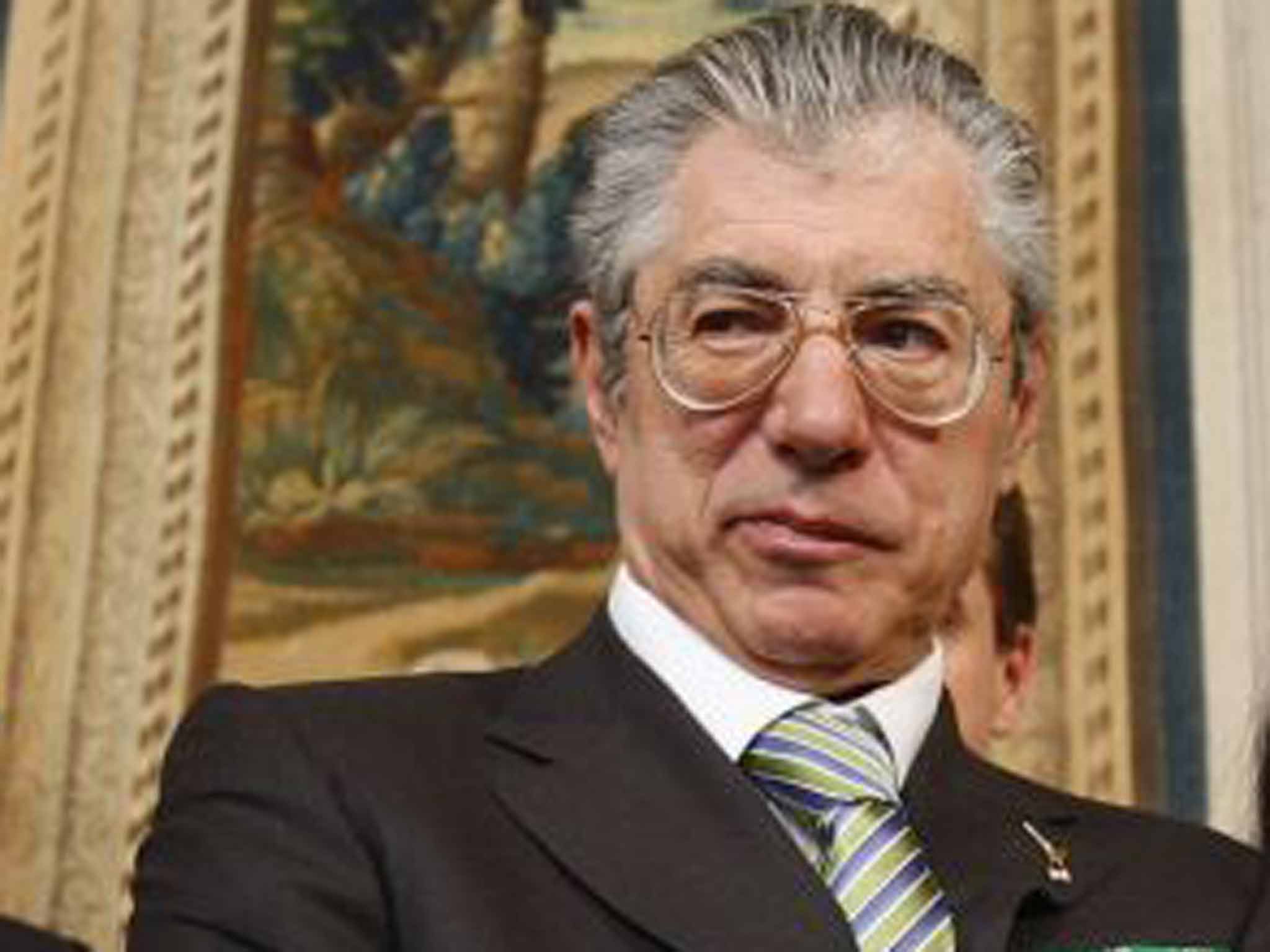What makes a politician sound charismatic?
Scientists have discovered what the winning tone is, reports Clint Witchalls. David Cameron may want to take note

Charisma is an elusive concept. We know that we want it in our leaders, we know that Barack Obama has it in barrow loads, but what exactly makes us perceive one person as being charismatic and another not, has been hard to pin down. Now, scientists at the University of California, Los Angeles (UCLA) believe they have some answers; at least when it comes to understanding what makes someone sound charismatic. Rosario Signorello, an acoustic scientist at the Bureau of Glottal Affairs, UCLA, says it's about having a wide range of vocal frequencies, and knowing how to modulate them to achieve a desired effect.
Signorello says there are two aspects to a charismatic voice. One is biological and the other is based on language and culture. The biological part is innate and depends on the length of a person's vocal cords (although they're not really cords, but folds). This determines whether someone sounds high-pitched or low-pitched. Previous research has shown that listening to a very low-pitched voice makes listeners perceive a big speaker who is dominant and threatening. And listening to a high-pitched voice makes people think of a small speaker who is more submissive and benevolent. Both types of voice can be perceived as charismatic, depending on the listener's preference.
The vocal cords are pretty fixed, but what got Signorello interested in the topic of charisma and the human voice is the case of Umberto Bossi, an Italian politician, who suffered a stroke in 2004. Before the stroke, Bossi was seen as authoritarian, but after the stroke, people saw him as benevolent. The stroke affected Bossi's vocal cords, making the pitch of his voice flatter. Although Bossi was still espousing the same right-wing policies for the same party, people's perceptions of him changed because his voice had changed.
Language and culture are more flexible than our innate physiology, and the way we perceive charisma is often learned. "Our research shows that certain vocal qualities can make leaders seem authoritarian and threatening in some cultures, and very passionate in others," says Signorello.
In his study, Signorello used the speeches of Luigi de Magistris of Italy, François Hollande of France and Luiz Inacio Lula da Silva of Brazil. The speeches were "delexicalised", which means the words were stripped out so that just the cadences and tone of the speeches remained. That way, the study participants could rate the speakers using 67 adjectives (vigorous, sexy, wise, attractive, etc.) without being influenced by the words of the silver-tongued politicians.
Signorello altered different parameters of the acoustics to discover the effect they had on the listener. He found that speakers who were perceived as dominant and threatening had a low fundamental frequency voice and wide pitch range. And speakers who were perceived as sincere and reassuring tended to have a higher fundamental frequency and narrow pitch range.
These findings, which were presented at the 168th Meeting of the Acoustical Society of America, were true regardless of where the study participant hailed from. (Study participants were recruited in France, Italy and Brazil.) But Signorello found that a listener's preference for a leadership type is closely tied to his or her culture.
"The Italians seem to need a low-pitched voice, and the French a high-pitched one, because of cultural reasons," says Signorello. "The Italians seem to want a more dominant leader, and the French a more competent leader."
Unfortunately, the researchers didn't study British politicians, so we can only guess at what Brits consider charismatic traits. But Signorello says there are no uncharismatic voices, just different types of charismatic voice. The three broad categories of charismatic voice are, according to Signorello, attracting, benevolent/competent, and authoritarian.
The Independent sent Signorello links to speeches by our main political party leaders. Although he didn't have time to scientifically analyse the acoustics of their voices, Signorello noticed that Nigel Farage uses "fewer types of charismatic voice" than David Cameron. "Cameron has to switch his charismatic voice type because he has more diverse followers," says Signorello.
"If Farage wants to appeal to a wider audience, he should change his vocal strategy and use different types of charisma instead of always using a low fundamental frequency and harsh tones," advises Signorello. "And he should use higher frequencies if he wants to attract more women."
Signorello had no advice for Ed Miliband or Nick Clegg.
Join our commenting forum
Join thought-provoking conversations, follow other Independent readers and see their replies
Comments
Bookmark popover
Removed from bookmarks